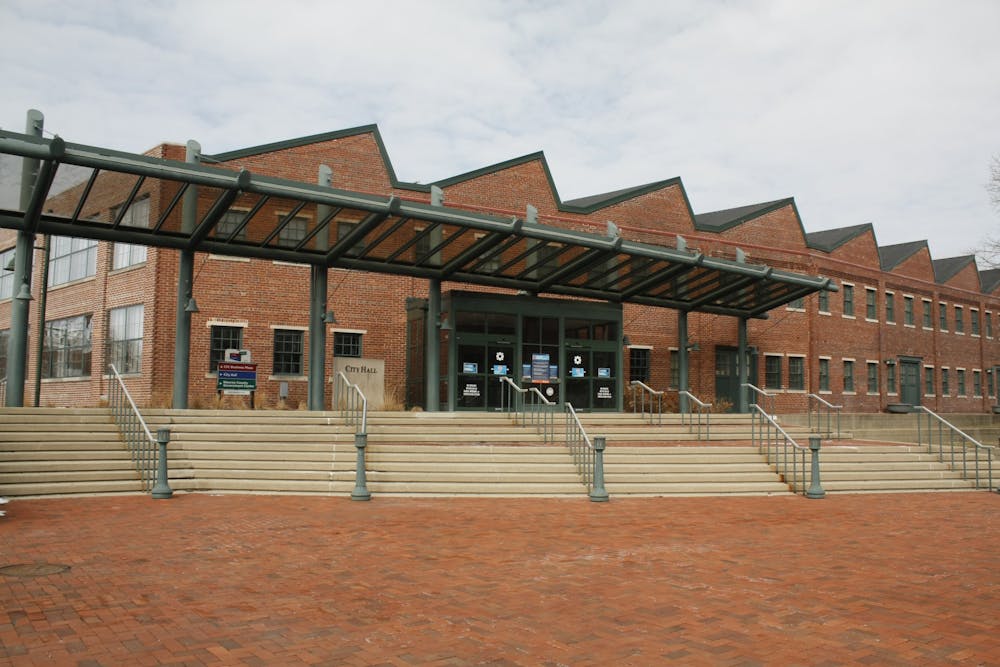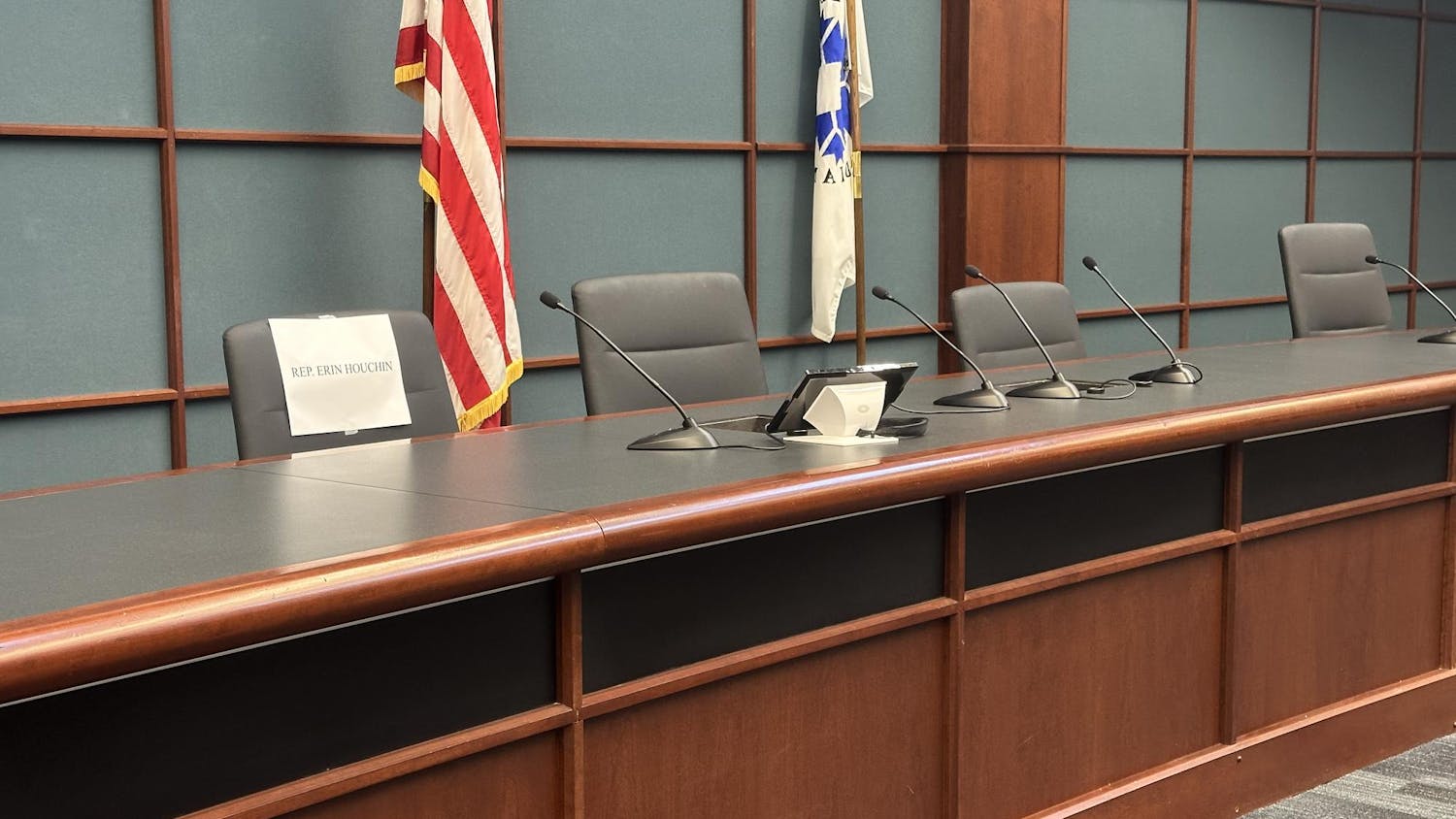The city council met Wednesday to discuss the Meridiam high-speed internet project and their request for tax abatement. The council also discussed a historic building designation and details of increased police pay.
Meridiam’s plan would provide 85% of Bloomington residents, including annexation areas, with fiber Internet, which is the fastest form of internet available.
The council ultimately voted to delay both the ordinance to enter an agreement with Meridiam and the concurrent resolution to create an economic development allocation area so the company could receive a 20-year tax refund. The council will consider the topic next week.
Meridiam asked for the tax abatement plan in order to make the investment into building the fiber network and economic development area.
According to a presentation from Rick Dietz, the director of information and technology services for the city, Hoosier Networks would operate the network from its Bloomington headquarters with the long-term goal of building fiber networks in surrounding towns Columbus, Shelbyville and Martinsville.
Dietz said Meridiam intends to reach as many households as possible but wanted to account for potential issues with congested right-of-ways and private land.
During the council meeting, representatives from Meridiam and competitor Comcast reaffirmed the importance of broadband Internet.
Broadband is defined by the Federal Communications Commission as downloads of 25 megabits per second and uploads of three megabits per second. A recent study found 42 million Americans could not access broadband speeds.
Meridiam’s digital equity plan would provide 250 megabits per second of upload and download speeds to Bloomington residents that qualify for government assistance for zero net cost, which is partly funded by the federal Affordable Connectivity Plan.
A few companies already offer fiber internet in Bloomington. The company with the highest coverage is Smithville, which only extends to 30.83% of residents.
Dan Savickas, director of tech policy for the Taxpayer Protection Alliance, an interest group based in Washington D.C., cited a study by the organization that found publicly owned broadband networks were only able to reach an average of 40% of residents in the towns studied.
Other concerns involved Meridiam’s intentions after the ten-year contract. Scott Layman, a representative for Meridiam, responded to Councilmember Piedmont-Smith’s questioning about whether or not Meridiam would sell its network.
“We are in this for the long-term,” Layman said.
The council also considered a historic designation for the Bloomington National Savings and Loan Association Building on 200 E. Kirkwood Ave. The building received a recommendation from the Bloomington Historic Preservation Commission on April 14.
The council decided to consider the issue at a later meeting.
The final item discussed involved increasing probationary officer police pay instead of providing retention pay. Caroline Shaw, director of employee services, said the plan would add $5,000 in additional pay for newly hired certified officers, $3,000 for newly hired probationary officers and a $1,000 payment per quarter for officers who worked during the COVID-19 public health emergency.
The council will vote on the ordinance next week.






